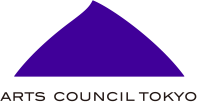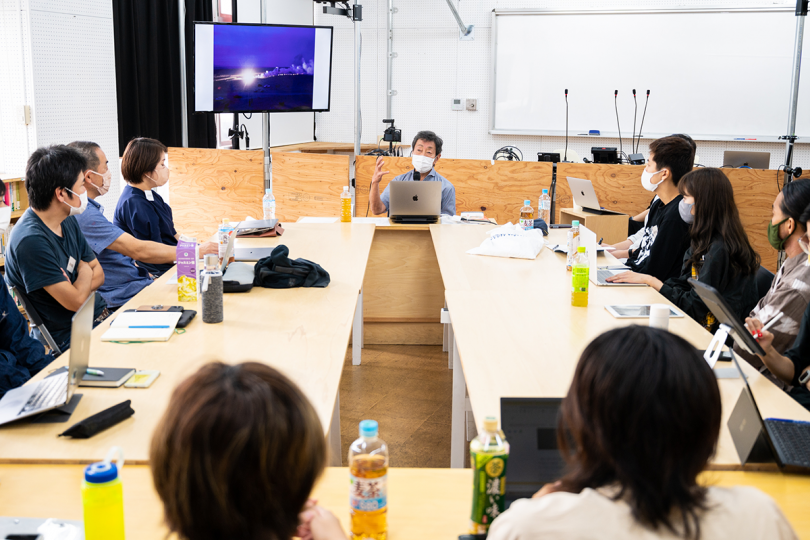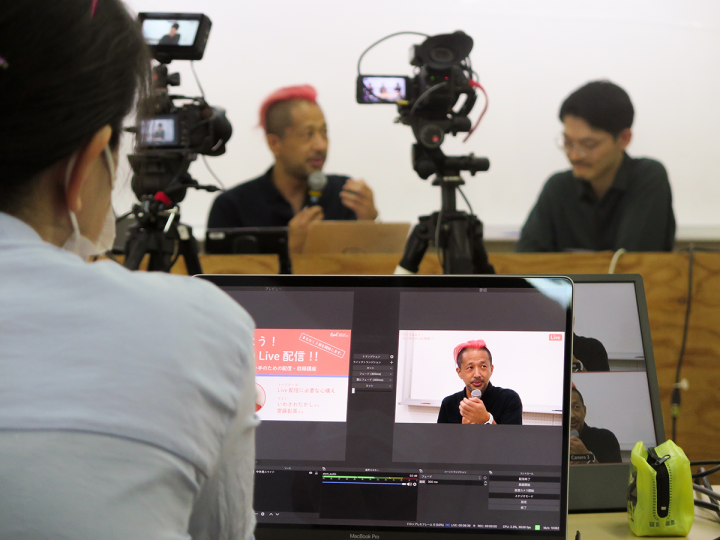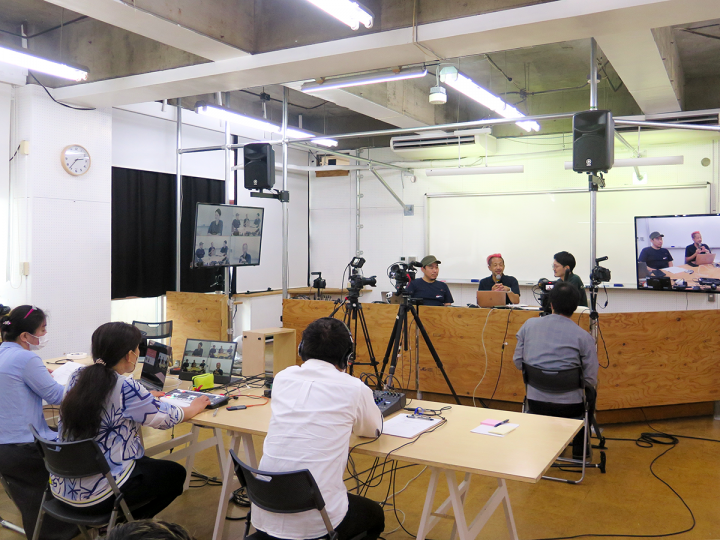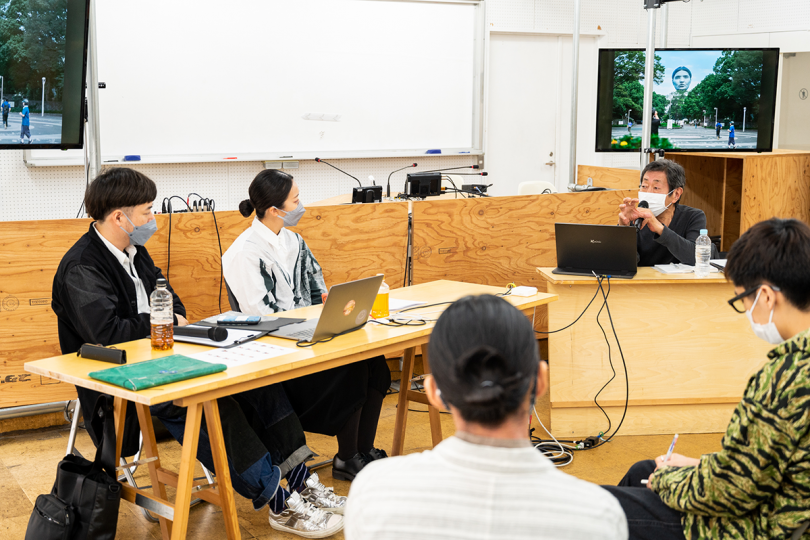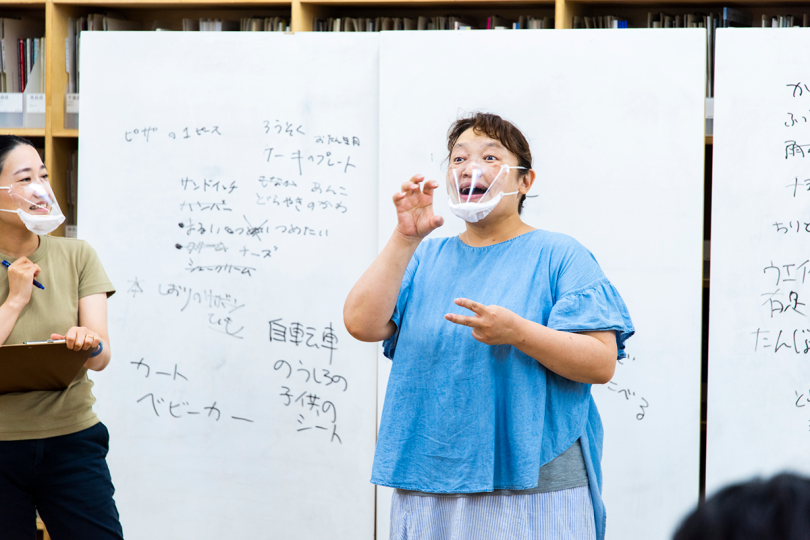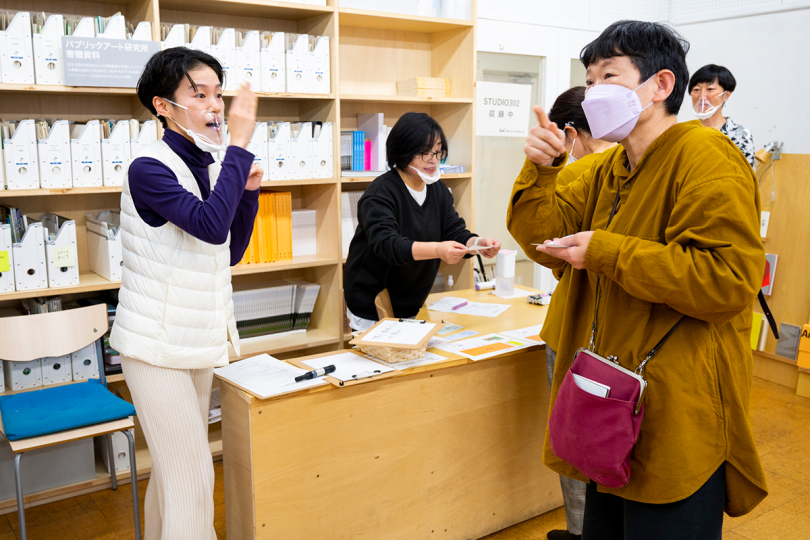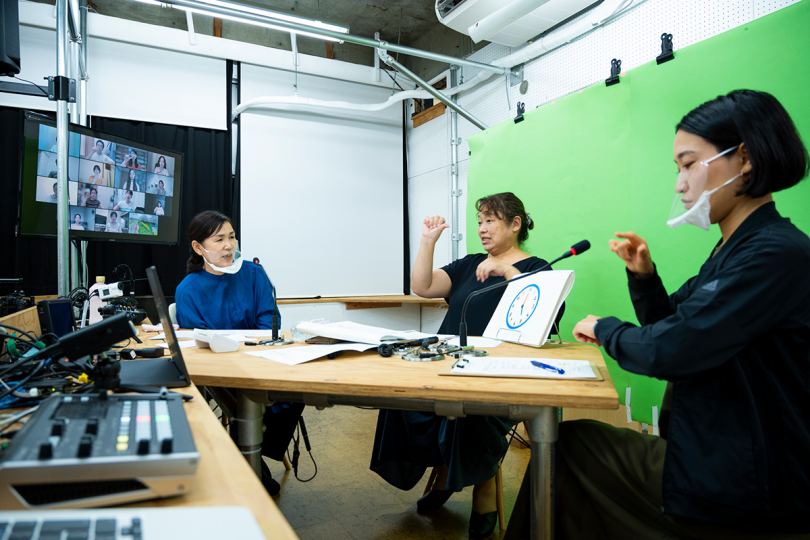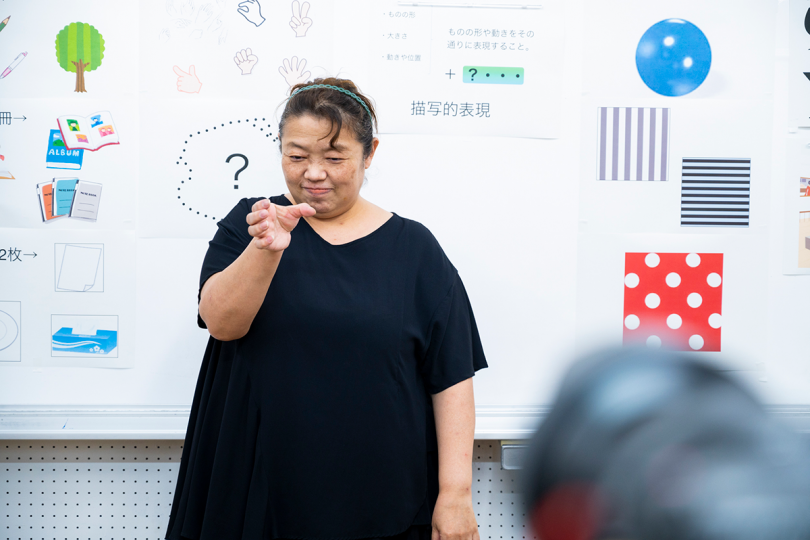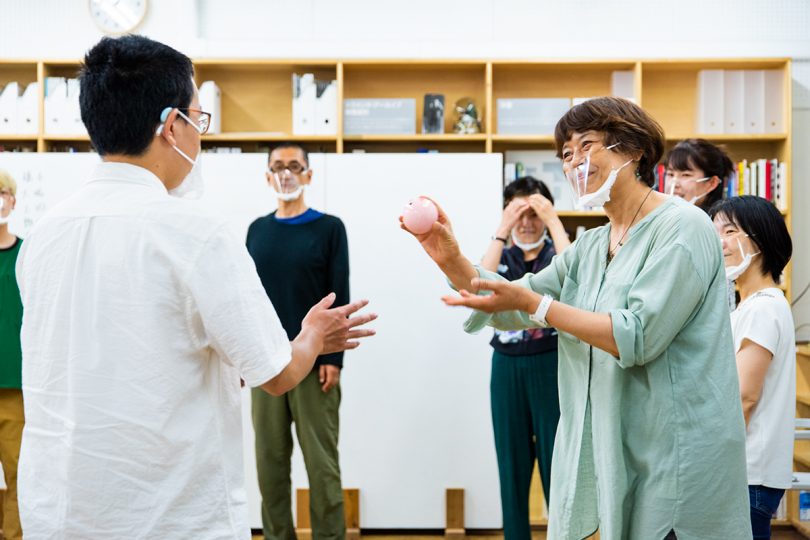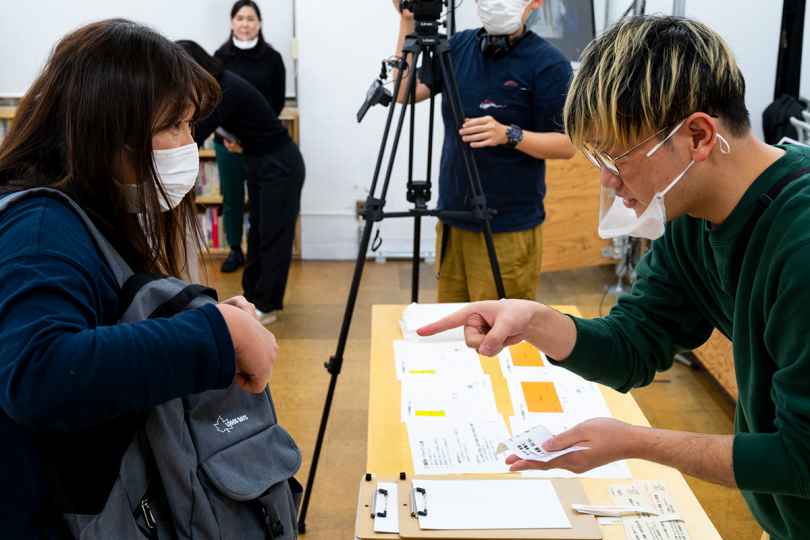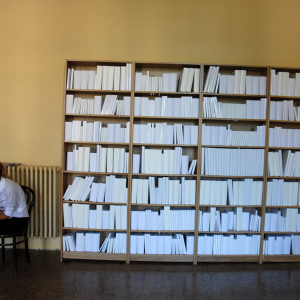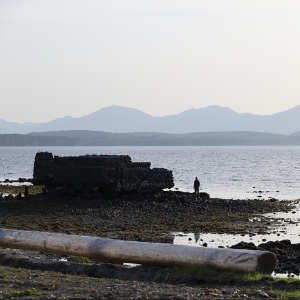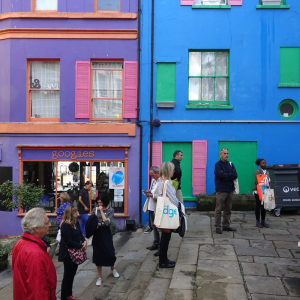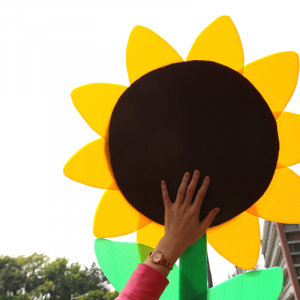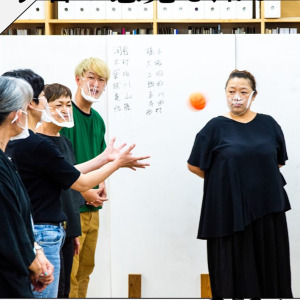“Opening up new routes” is a series in which we consider the form art projects should take in response to the coming era as we look back on art projects developed since 2011and the social climate surrounding them. The series navigator is Takashi Serizawa (Director, P3 art and environment), who has closely observed art projects that occur in response to social conditions with a focus on the interaction between people and the environment. We record the perspectives and activities of various art project practitioners, reflecting on how society has developed in the last ten years, and how art projects have responded. In addition, the aim is to find new routes ahead to a new era by thinking about the future form of art projects together with people capable of becoming practitioners of art projects going forward.
Navigator: Takashi Serizawa (Director, P3 art and environment)
Please see here[YouTube] for a message from the navigator

